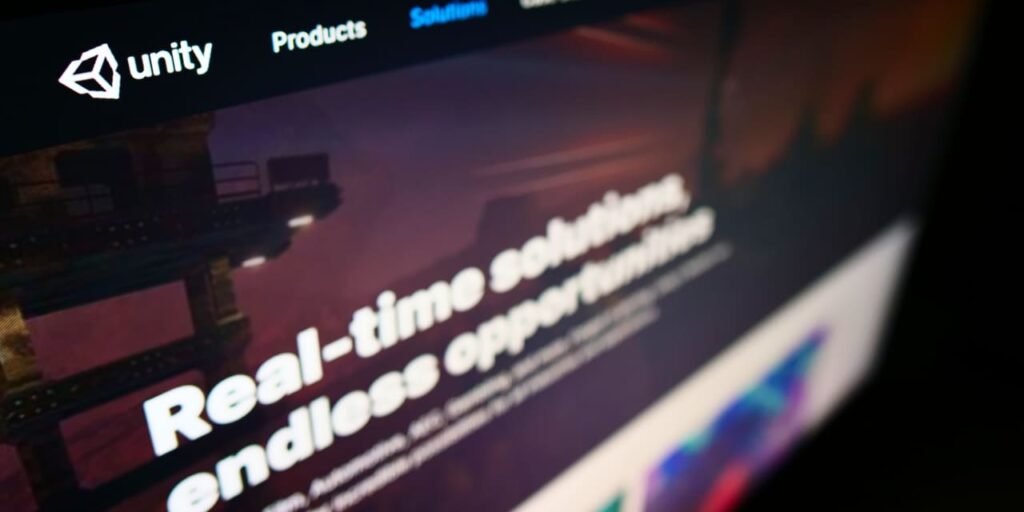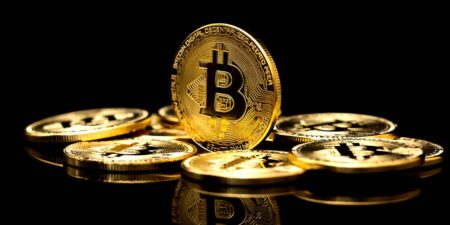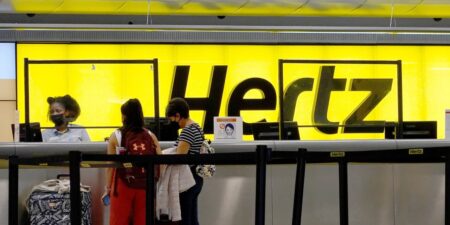This article is from the free weekly Barron’s Tech email newsletter. Sign up here to get it delivered directly to your inbox.
All Apologies. Billionaire Charlie Munger is known for learning from the misfortune of others. “Invert, always invert. Turn a situation or problem upside down. Look at it backward,” he once said. Munger has quipped that he wanted to know where he would die so he wouldn’t go there.
Sure enough, executives and investors can and should improve by avoiding the mistakes of others. This week, there’s new fertile ground: learning from a series of missteps at game development platform
Unity
(ticker: U), which culminated in the surprise resignation of its chief executive this week.
On Monday, Unity announced John Riccitiello was retiring and stepping down as chief executive officer effective immediately. The board appointed former Red Hat CEO James Whitehurst as interim chief executive officer. It said it would start a search process with an executive search firm to find a permanent CEO. Unity did not respond to a request for comment on what led to the abrupt leadership transition.
But the circumstances point to an obvious reason. The move happened after a revolt from Unity’s customer base following the company’s Sept. 12 changes to its pricing structure, which were set to take effect early next year. The backlash was rare in its scale.
Social media was littered with game studios vowing to switch game engines, citing a lack of communication and the open-ended nature of the retroactive price changes. The most controversial part of the initial plan was the addition of a per-install cost, in which developers would get charged each time their game was installed after certain thresholds. Developers complained they had built their games on the Unity engine under certain assumptions, and the company was changing conditions after the fact.
When Unity went public in 2020 it said, “We believe the world is a better place with more creators in it. Creators, ranging from game developers to artists, architects, automotive designers, filmmakers and others, use Unity to make their imaginations come to life.”
But after the price changes, some of those creators said they would be switching to Epic’s Unreal Engine and Godot, an open-source game engine, which directly compete with Unity.
Within two weeks, the company was forced to apologize and backtrack on parts of its plan. “I want to start with this: I am sorry,” Marc Whitten, a Unity executive, said in a blog post. “We should have spoken with more of you, and we should have incorporated more of your feedback.”
Unity said the install fee would only be instituted on future games and future platform versions starting in 2024.
But the damage was done. Many developers said they didn’t have confidence that the terms wouldn’t be changed again and that they planned to stop using Unity even after the concessions.
For years, game makers have been complaining to Unity about fixing its core game engine and improving its technologies. Instead, over the past two years, the company decided to spend nearly $6 billion on acquisitions, which some analysts saw as unnecessary.
In late 2021, Unity bought Peter Jackson’s visual effects tools company for $1.6 billion, near the height of tech valuations. Last year, it spent $4.4 billion on a rival ad monetization company ironSource, which had comparable products to Unity’s internal offerings.
And there were other public relations mistakes. After the ironSource deal, Riccitiello apologized for calling some of the company’s customers an expletive for not fully embracing advertising in their games. Again, there was an uproar over the remarks, which had come after layoffs at the company.
Unity staff morale has suffered. According to a recent employee survey conducted by Blind, Riccitiello had a 2% approval rating, near the bottom of 103 CEOs graded. (
Nvidia
and
Walmart
‘s CEOs topped the list, with 96% and 88% approval ratings, respectively. The average approval rating across the survey was 32%, according to Blind.)
It all speaks to how reputation, both internally and externally, needs to be nurtured and protected. Poor decision making and a lack of planning and communication have consequences—for customers, employees, and eventually investors.
Unity shares are down nearly 60% from the stock’s first trade following its 2020 IPO.
This Week in Barron’s Tech
Write to Tae Kim at [email protected] or follow him on X at @firstadopter.
Read the full article here













